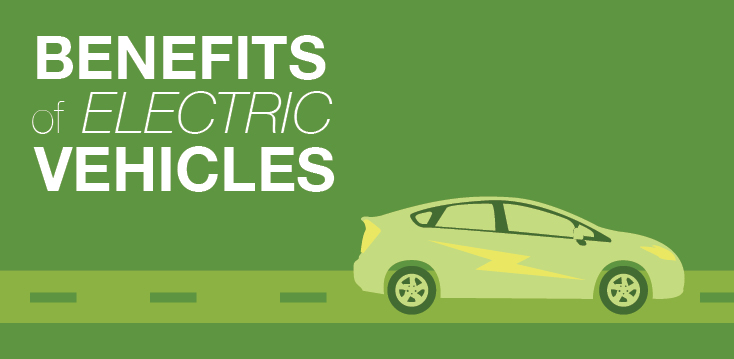Electric vehicles are reshaping the automotive industry. EVs sales grew by 85% from 2020 to 2021, where sales of PHEVs more than doubled, with an increase of 138% over the previous year. Sales of EVs are expected to grow continuously in the coming years. Booming in an otherwise slow market, battery-powered vehicles are though a plus for the environment, but pose a big threat to vehicle manufacturers and their parts suppliers who are slow in responding to the inevitable change. The transitional journey from the conventional gasoline models to electric vehicles has begun for the Indian automotive and Energy sector with initially the focus being upon 2W’s and public mobility vehicles. As of now the rate of 2W conversion to EVs is at 2% which is expected to grow upto 38% by 2030.
Why Renewable Energy?
The transition to EVs is now a reality, and with it the entire associated industries need to evolve and innovate. Most importantly the Energy and power sector are now making massive investments to shift to renewable energy from the conventional method of generating power by burning fossil fuels. The advantages of renewable energy over the devastating impacts of fossil fuels are undeniable: from the reduction of water and land use, less of air and water pollution and reduction in greenhouse gas emissions. In addition, their local and decentralised character as well as technology development would be beneficial
for the economy and people at large.
To negate the effects of Climate Change India aims to reach net zero emissions by 2070 and to meet fifty percent of its electricity requirements from renewable energy sources by 2030. As of January 2022, India’s installed renewable energy capacity stood at 152.36 GW, representing 38.56% of the overall installed power capacity. Major power producers in India like NTPC, Tata Power, Adani, JSW Energy and more are making a decisive and long term inroads into the sustainable source of power generation. Reliance have set an ambitious target of achieving net-zero carbon by 2035 and are are investing over Rs 75,000 crore in the renewable energy field.
The battery industry has a significant role in this transition of energy sector. Demand for Lithium-Ion batteries to power electric vehicles, smart phones, laptops etc and store energy has seen exponential growth, increasing from just 0.5 gigawatt-hours in 2010 to around 526 gigawatt hours a decade later. Big corporate groups are setting up industries to manufacture and supply Li-ion batteries. Amara Raja, Exide, L&T, Lucas TVS and Ola Electric are among 10 firms looking to set up giga factories in India. Reliance also has recently acquired a sodium-ion battery manufacturing company namely Faradion Ltd.
Impact of Electric vehicles on the Auto Industry and the Environment
The auto industry is on track to invest half a trillion dollars in the next five years to make the transition to electric vehicles, according to an estimate. That money will be spent to reshape, refit and build factories, train workers, write software, upgrade dealerships and more. Companies are planning scores of new electric cars and battery factories worldwide.
But not everyone will benefit. Makers of parts like fuel injection systems, silencers, etc could go out of business, leaving many workers jobless. Millions of jobs are there to make, sell and service cars and auto parts, and industry experts predict that producing electric cars will require fewer workers because the cars have fewer components. The most endangered may be small scale industries that produce parts like piston rings etc. At the moment, these businesses are busy in their regular operations. They ought to plan and reshape for the future.
The huge market for batteries would simultaneously result in an increased demand and perhaps shortage for key materials like lithium, cobalt and nickel. Already prices for these materials has risen sharply and companies are queuing up to grab their source.
The conventional vehicles are one of the primary sources of air pollution. Though the EVs do not pollute the air but the indirect impact on the environment cannot be ignored as the main source of energy currently is thermal power which is produced by burning fossil fuels, which again causes pollution. Still, the pollution caused indirectly by EVs is less than that caused directly by conventional fuel based vehicles. The hard fact is that shifting to EVs alone would not be enough to save us from the effects of Climate Change and global warming. We urgently need to shift to renewable and sustainable sources of energy.
Resource : Times of India


